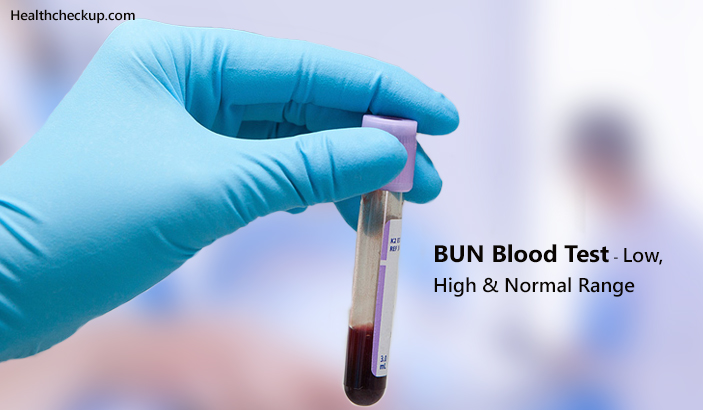We often see some abbreviations as a part of our blood tests without knowing what they mean. If you are reading this article, then the chances are that your doctor has required a BUN test to be done, and you are now wondering what BUN stands for. What will the BUN blood test tell your doctor? Let’s find out, shall we?
What Is A BUN Test, And Why Is It Done?
BUN stands for blood urea nitrogen. Urea nitrogen is the waste that is being produced in the liver during the metabolism of proteins and their breaking down to be more specific. In healthy individuals, the kidneys are responsible for filtering out this waste only to later eliminate it through the process of urination.
A BUN blood test is a test that measures the levels of blood urea nitrogen (BUN) in the blood. It is a test that informs us of the condition of our kidneys and their ability to filter and later eliminate this waste as expected. The BUN test is also done in order to evaluate the effectiveness of dialysis treatment. Some medical conditions in which a BUN test often helps to form a proper diagnosis are:
- Dehydration
- Liver disease
- Urinary tract obstruction
- Congestive heart failure etc.
What Is The BUN Blood Test Normal Range?
The normal ranges of BUN are known to vary depending on the gender and the age of the individual. In addition, different laboratories also tend to have slightly different normal values when it comes to measuring BUN through a blood test. The levels of BUN are measured in milligrams per deciliter (mg/dL).
For adult men, the normal BUN values fall between 8 to 24 mg/dL, whereas, for adult women, the normal values tend to fall between 6 and 21 mg/dL. For children, from the age of 1 to 17 years old, it is considered that 7 to 20 mg/dL is a healthy value of BUN in the blood. Normal BUN values mean that our kidneys are functioning well as expected.
| Gender | Age | BUN Normal Range |
|---|---|---|
| Adult Male | Above 18 Years | 8 to 24 mg/dL |
| Adult Female | Above 18 Years | 6 and 21 mg/dL |
| Children | 1 to 17 years | 7 to 20 mg/dL |
BUN Test Results Interpretation
What Does BUN Blood Test High Indicate?
When we see increased BUN levels in a BUN test, which is an indication that we are dealing with an impaired kidney function, the BUN blood test can be used to form a diagnosis of either acute or chronic kidney disease, kidney damage, or even kidney failure. Other possible causes for high BUN levels are a recent heart attack, congestive heart failure, and even dehydration, among many others. Of course, other tests apart from the BUN blood test needs to be done in order to determine the right diagnosis.
What Does BUN Blood Test Low Indicate?
On the other hand, low BUN levels are not so common and usually do not turn the alarm for concern. Lower than usual, BUN levels can be caused by liver disease and malnutrition, but the BUN test is not usually performed when forming a diagnosis for these health issues.
How To Prepare For A BUN Test?
A BUN blood test does not require any special preparation. Of course, you will need to consult your doctor and inform yourself about the importance of the BUN test as a part of the preparation process. This is the time when you are required to inform your doctor about the over-the-counter and prescribed medications and even dietary supplements that you might have been taking since certain medications can influence the BUN levels in the blood. Other than that, no specific preparation is required.
How Is A BUN Test Being Performed?
A BUN test is quite easily be performed. It is like any other blood test that you might have done back in the past as it requires only a small sample of blood to be taken from your body. A sterile needle will be inserted into a vein in your arm after the area has been cleaned with an antiseptic. Once the blood has been drawn, a bandage will be placed on your arm, and your blood sample will be sent off to the laboratory. Once you get your BUN blood test results, you will head off to your doctor’s office, where you will discuss your results.
Conclusion
The simple yet effective BUN blood test will inform your doctor about the condition in which your kidneys are. The BUN test, along with some other tests, will help your doctor make a clear diagnosis and proceed to prescribe a proper treatment plan that will take your worries away. Only a simple blood sample will help measure the BUN levels in your blood, and with that, detect any underlying health issues.
Doctor, author and fitness enthusiast, Ahmed Zayed, MD, is a surgery resident with a passion for helping people live a happy healthy life. He is the author of numerous health-related books and contributor to several medicine, health and wellbeing websites.









